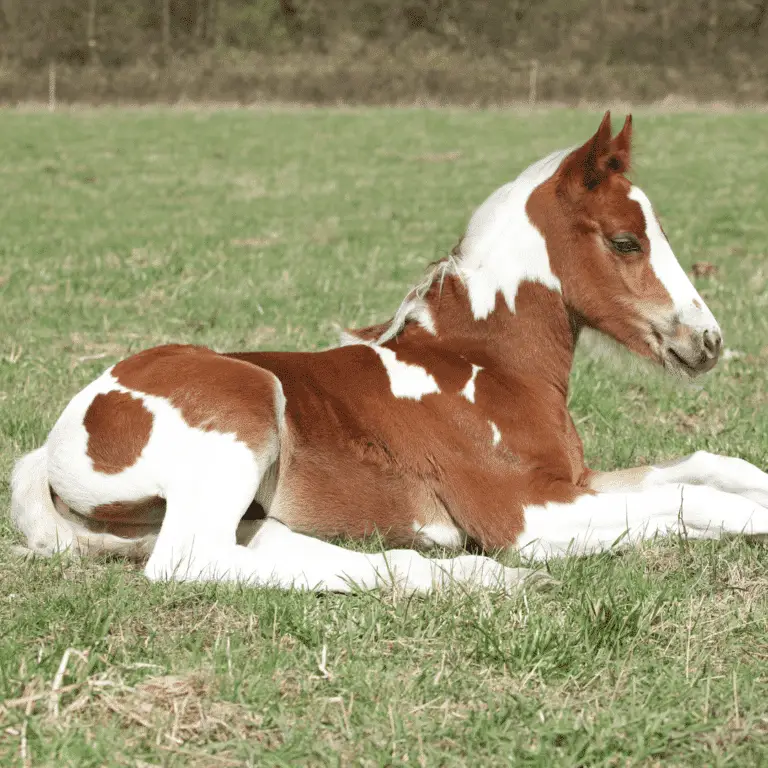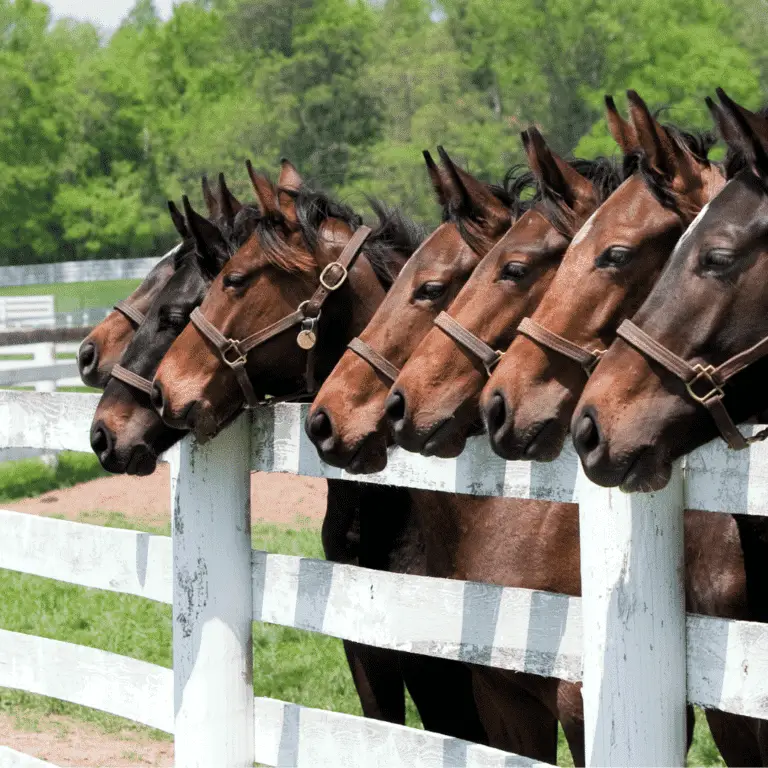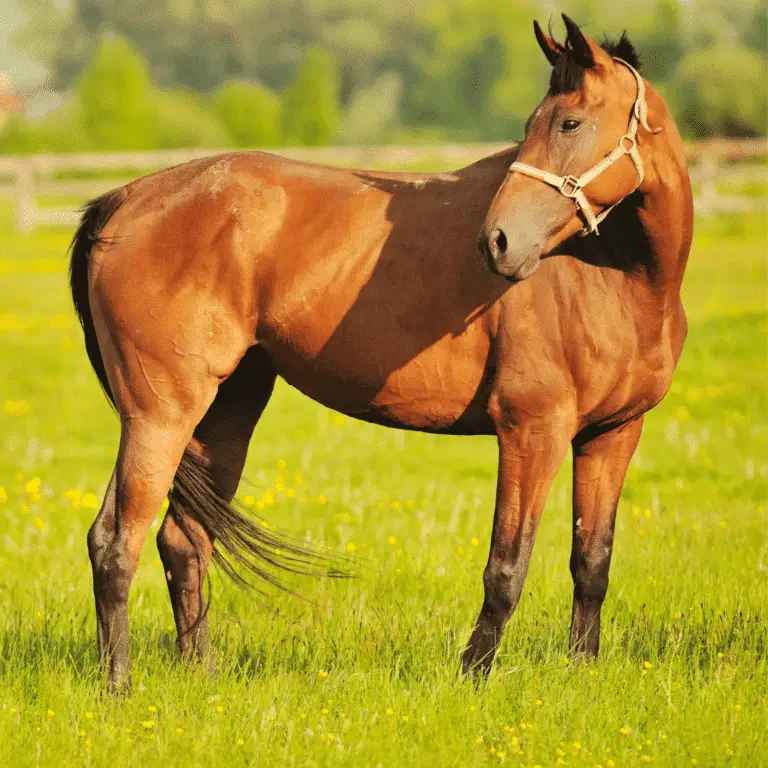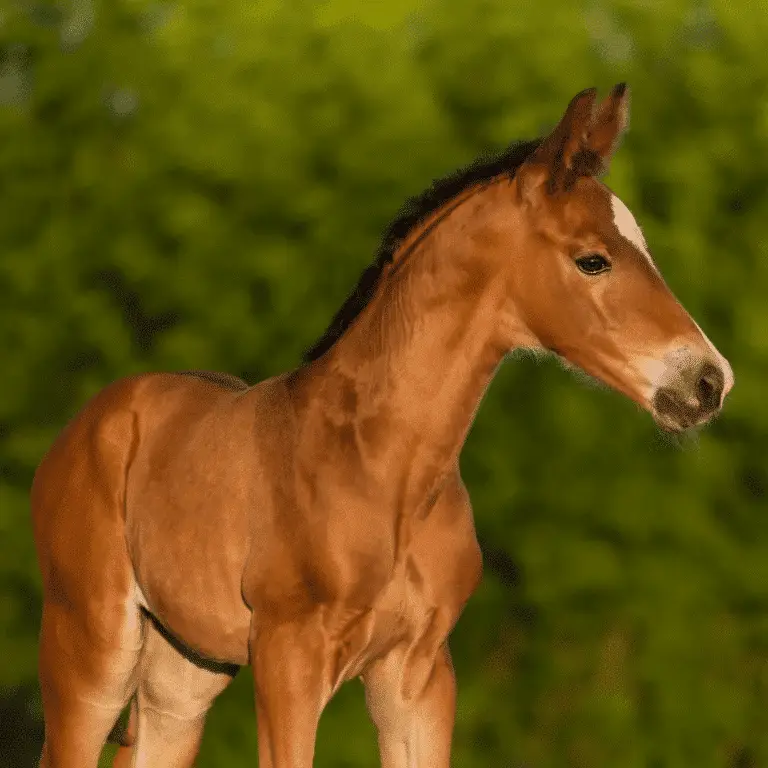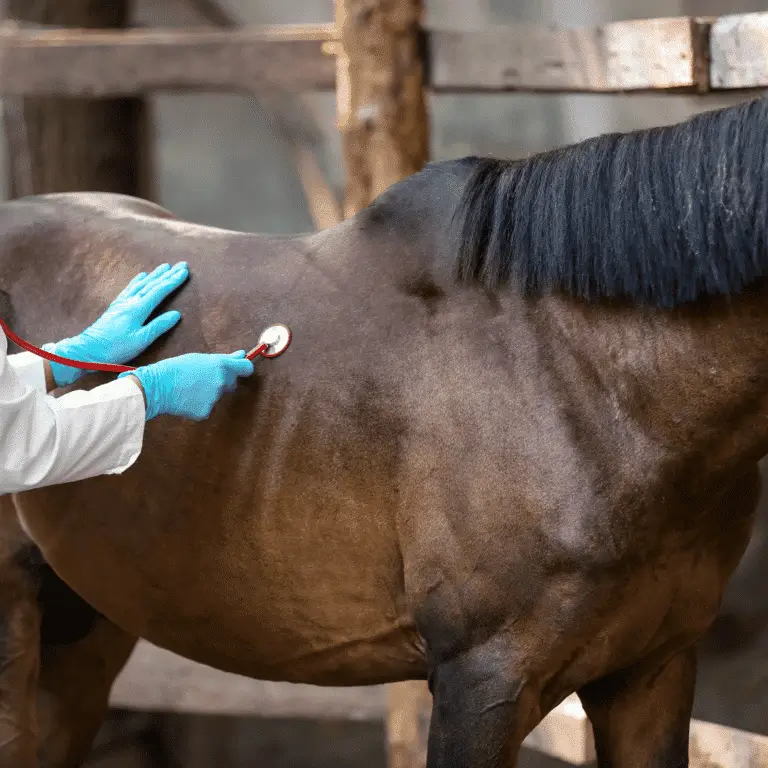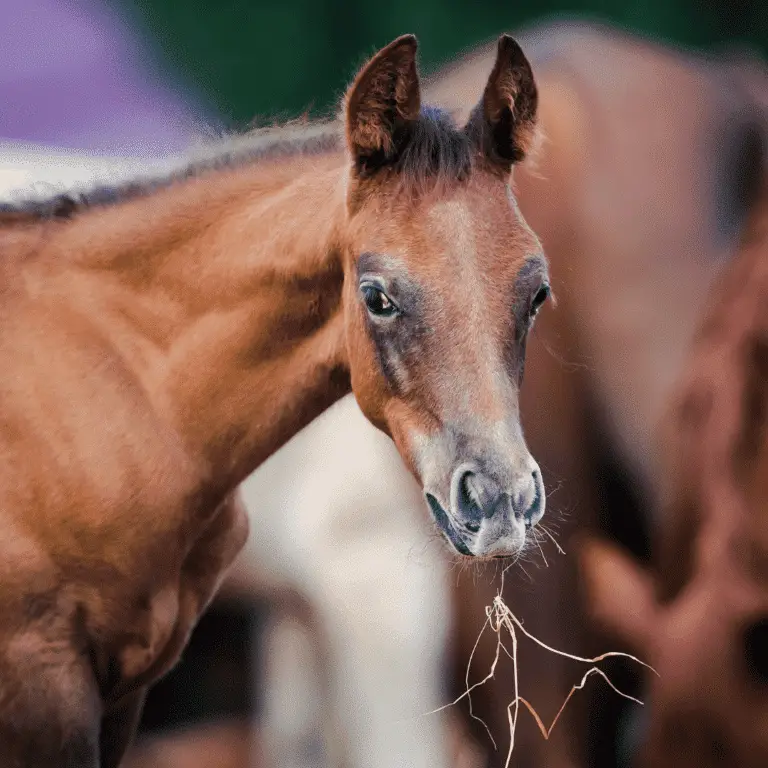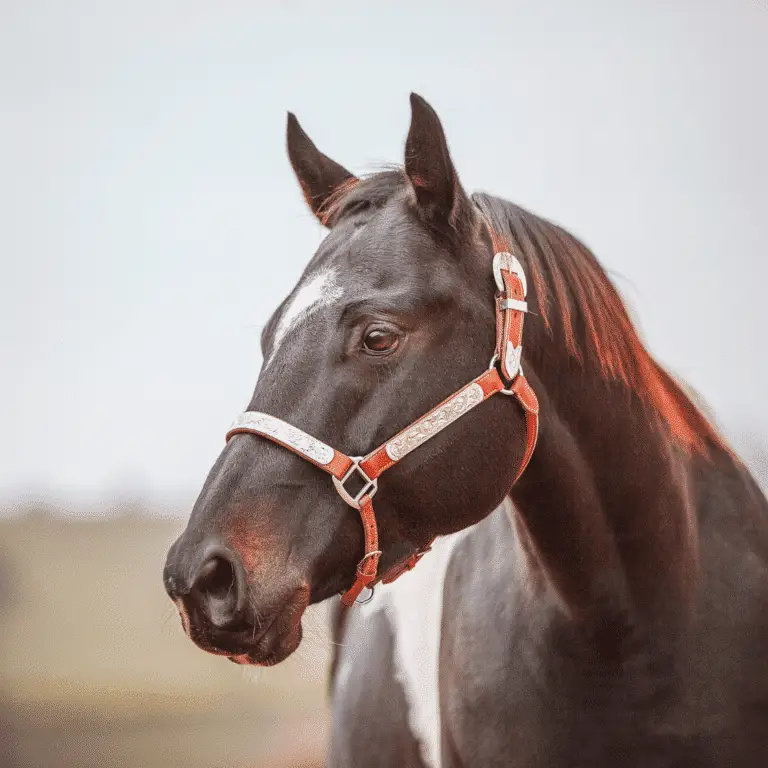Whether you’re a seasoned equestrian or new to horse care, understanding the symptoms, treatments, and prevention strategies for genetic disorders is crucial for your horse’s health and breeding decisions.
Genetic defects in horses can present in various ways, including congenital abnormalities, developmental issues, and inherited diseases. Recognizing these symptoms early can make a significant difference in managing your horse’s condition. Our articles cover a wide range of genetic disorders, from common issues like Ventricular septal defect and Patent Ductus Arteriosus to more complex conditions such as Lavender Foal Syndrome, Tetralogy of Fallot and Heart Valve Dysplasia.
Each article dives into the underlying genetic causes of these conditions, evidence-based treatments, and practical tips for prevention and management. Whether you’re looking for advice on genetic testing, breeding decisions, or seeking guidance on when to consult a specialist, we’ve got you covered.
